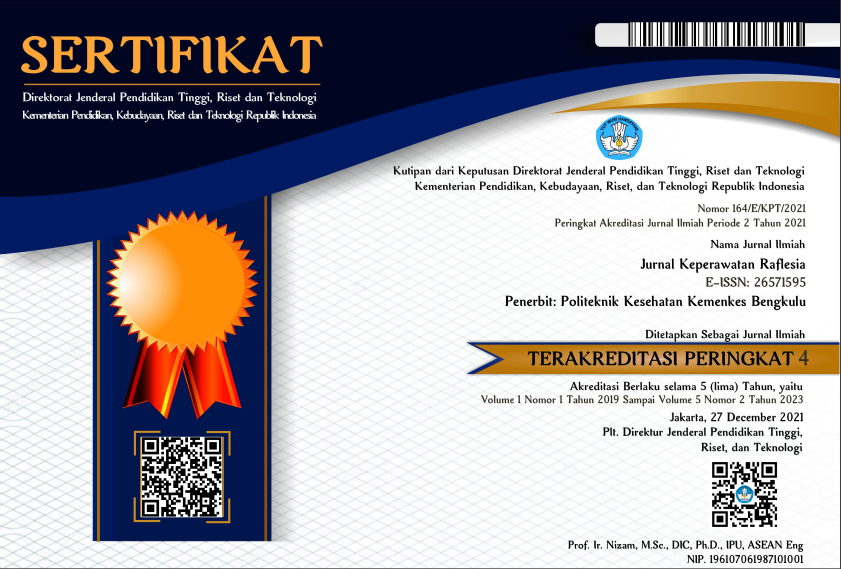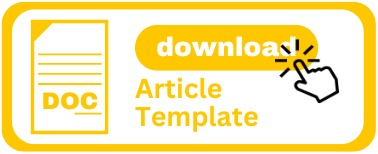Pemberian Posisi untuk Mengatasi Masalah Pengosongan Lambung pada Bayi Prematur
DOI:
https://doi.org/10.33088/jkr.v2i2.505Keywords:
premature infants, positioning, gastric emptyingAbstract
Gastric emptying in premature infants is slower than aterm infant aterm for 12 hours and some cases reach 22-36 hours. This slow emptying of the stomach causes to increase the volume of gastric residual and raising the risk for infants to experience gastroesophageal reflux, vomiting, aspiration and necrotizing etherocolitis. This study aims to analyze the effectiveness of positioning on gastric emptying show from gastric residual in premature infants in the Perinatology RSUPN Cipto Mangunkusumo. The research design used in this research is quasi experiment on 20 premature infants with consecutive sampling technique. The data analysis used Wilcoxon test for gastric residual. The study showed a difference in average abdominal distensionand gastric residual in right lateral position, left lateral positions and pronation is significant so that it can be concluded effective positioning to accelerate gastric emptying. Based on these results then the positioning can be recommended to be an alternative nursing care in overcoming the problem of gastric emptying in premature infants.
Downloads
Published
Issue
Section
License
Authors who publish with JURNAL KEPERAWATAN RAFLESIA agree to the following terms:
- Authors retain copyright and grant the Jurnal Keperawatan Raflesia right of first publication with the work simultaneously licensed under a Creative Commons Attribution License (CC BY-NC-SA 4.0) that allows others to share (copy and redistribute the material in any medium or format) and adapt (remix, transform, and build upon the material) the work for any purpose, even commercially with an acknowledgement of the work's authorship and initial publication in Jurnal Keperawatan Raflesia.
- Authors are able to enter into separate, additional contractual arrangements for the non-exclusive distribution of the journal's published version of the work (e.g., post it to an institutional repository or publish it in a book), with an acknowledgement of its initial publication in Jurnal Keperawatan Raflesia.
- Authors are permitted and encouraged to post their work online (e.g., in institutional repositories or on their website) prior to and during the submission process, as it can lead to productive exchanges, as well as earlier and greater citation of published work (See The Effect of Open Access).

















